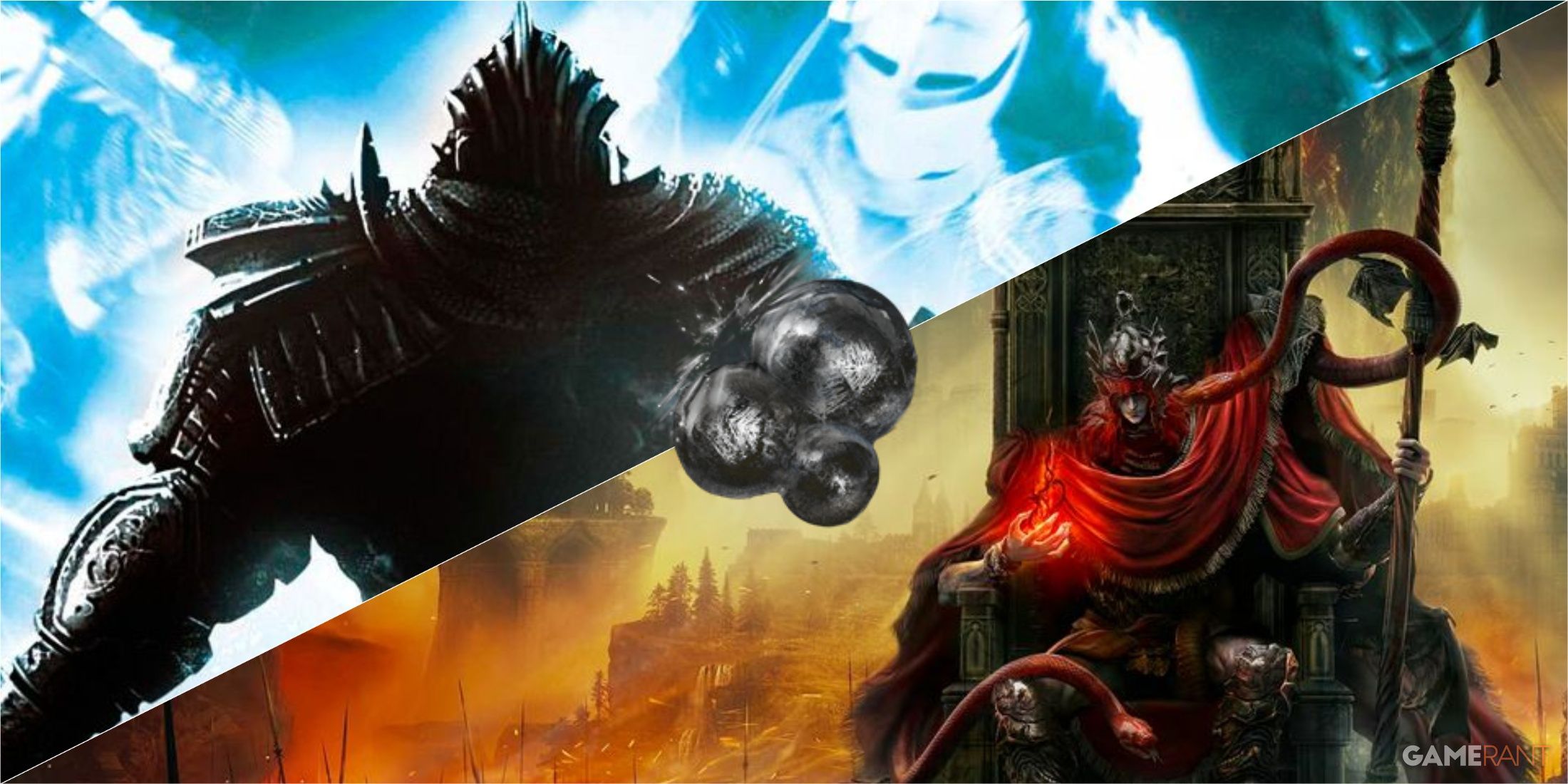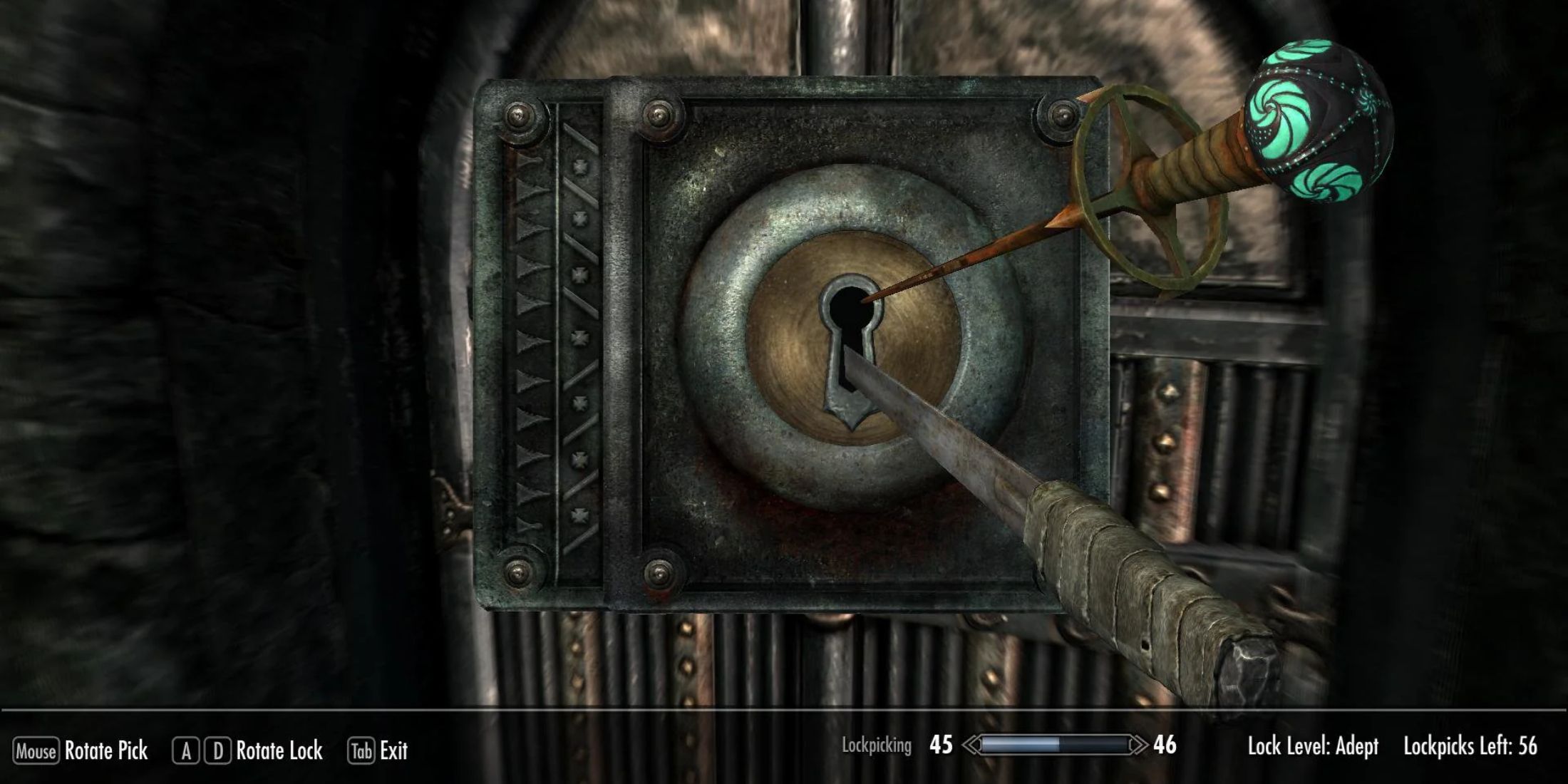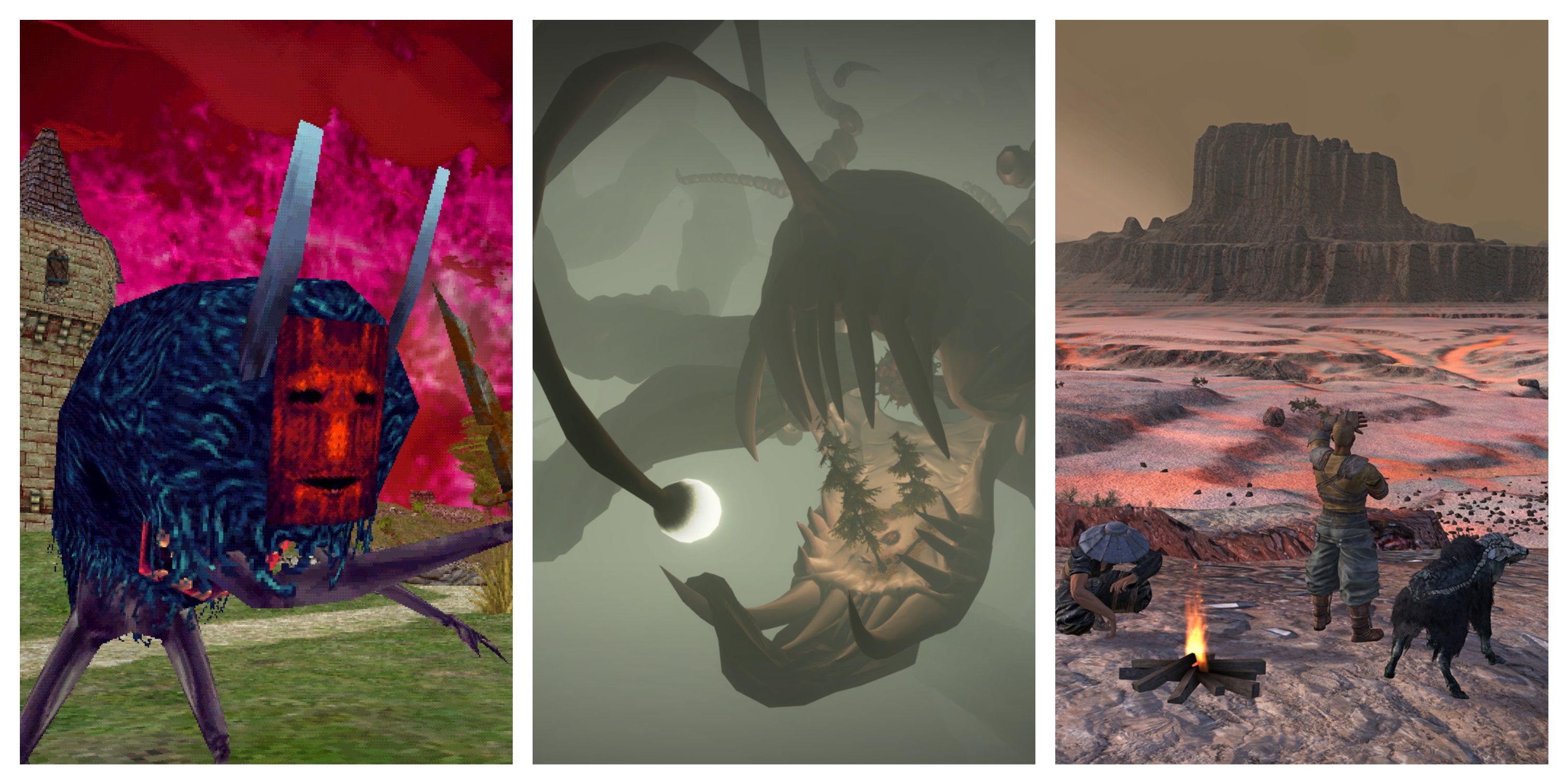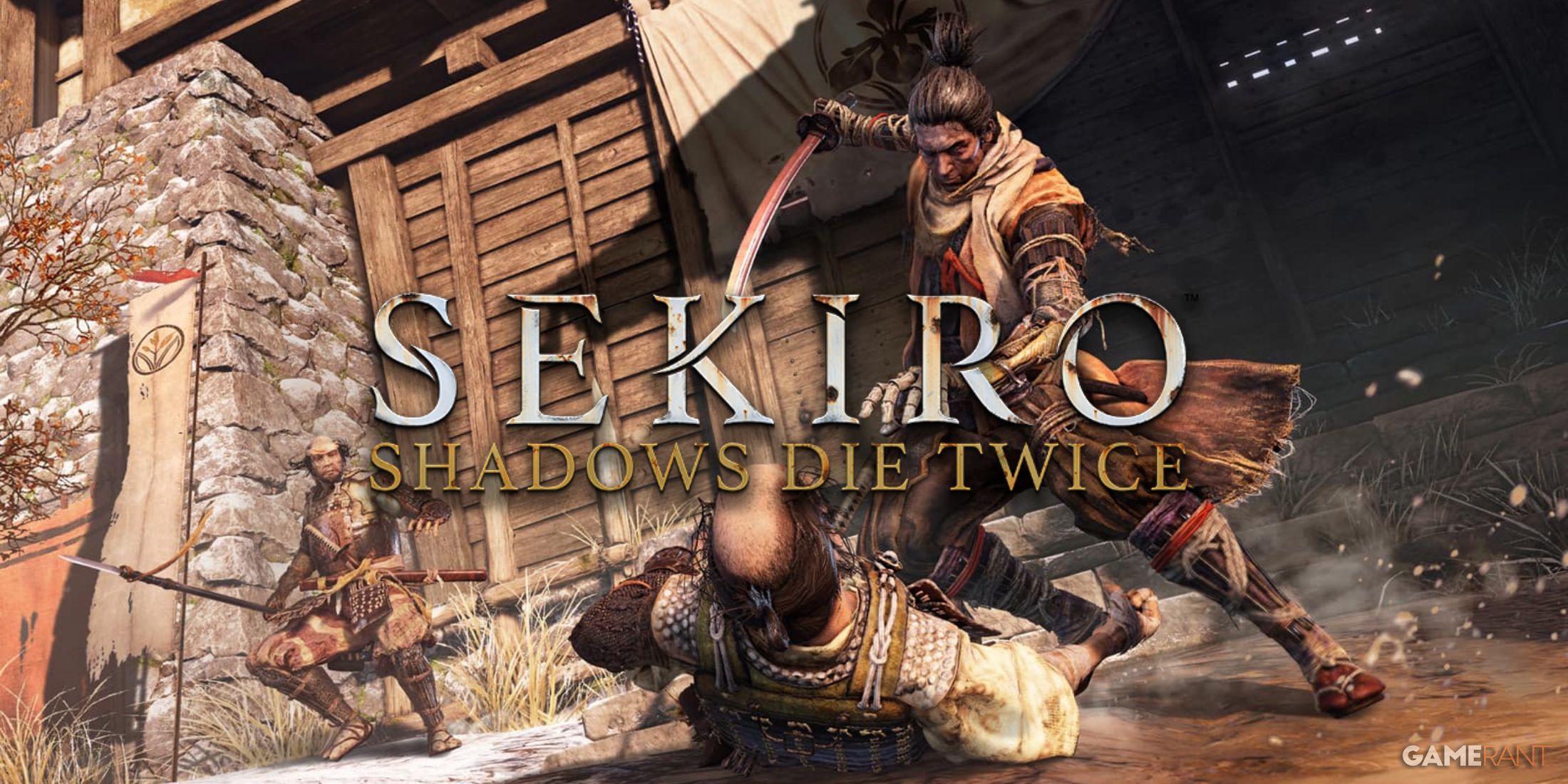Highlights
- Sekiro's Unseen Aid mechanic provides a breather for players, preventing loss of Sen and XP upon random deaths.
- The mechanic could offer a more accessible experience for new players in future FromSoftware games.
- With Elden Ring's Shadow of the Erdtree DLC, discussions about game difficulty highlight the potential for revisiting Unseen Aid.
Though FromSoftware had been making games for well over a decade by that point, Demon's Souls' release in 2009 established a new winning formula for the developer, something that would be further cemented with Dark Souls and its two sequels. Between Dark Souls 2 and 3, FromSoft released Bloodborne, a Lovecraftian take on the Souls action-RPG formula. While all of these games performed very well both critically and commercially, it was clear that FromSoftware wanted a change of pace by the time of Dark Souls 3's release in 2016, and Sekiro: Shadows Die Twice felt like the result of that.
Using the Souls formula as its basis, Sekiro: Shadows Die Twice introduced a wealth of new mechanics and features that offered fans something distinct and new. Its eponymous resurrection mechanic, its addictive rhythm-like posture system, and the Prayer Bead leveling system were all just some of the biggest new additions Sekiro made to the formula, and while some of these mechanics have been revived in Elden Ring's Shadow of the Erdtree DLC, there's one Sekiro mechanic that still deserves another chance.

One Elden Ring: Shadow of the Erdtree Crystal Tear Bridges a Gap Between Dark Souls and Sekiro
Elden Ring: Shadow of the Erdtree contains a unique Crystal Tear that acts as the perfect middle-ground between Dark Souls and Sekiro's combat.
FromSoftware Should Revisit Sekiro's Unseen Aid Mechanic
Sekiro's Unseen Aid Mechanic Explained
There are quite a few different resources to keep track of in Sekiro: Shadows Die Twice, but the primary two are Sen and XP. Sen is the currency that allows players to purchase items from vendors, ranging from simple consumables to key items like Prayer Beads and Gourd Seeds that increase the player's stats and healing respectively. XP builds with each kill, eventually filling a bar that grants the player a skill point that can be used to unlock new combat abilities.
Upon death, players will lose half of their Sen and half of any XP left in the meter. Occasionally, players will receive some on-screen text upon death that states they've been given "Unseen Aid." Unseen Aid occurs at random, and prevents the player from losing the 50% of Sen and XP they'd normally lose upon death. When starting Sekiro, players will have a 30% chance of receiving Unseen Aid upon death. This percentage can't be increased but can be decreased all the way down to a minimum of 2% if players die too many times, gain the Dragonrot affliction, and continue to gain subsequent Rot Essences. Healing Dragonrot completely with a Dragon's Blood Droplet will increase the player's Unseen Aid chance back to 30%.
Why Sekiro's Unseen Aid Mechanic Deserves a Second Chance
Sekiro: Shadows Die Twice is still widely considered to be one of FromSoftware's hardest games, and though it was a tad convoluted, its Unseen Aid mechanic provided a nice little breather for players. With Unseen Aid starting at a 30% chance, players were much more likely to experience it during the first few hours of the game, where Sen and XP are the most vital resources. This made early-game deaths a little less frustrating.
With the release of Elden Ring's Shadow of the Erdtree DLC, discussions surrounding the difficulty in FromSoftware games have surfaced once again. While many fans strongly believe a high level of challenge is an integral part of the success of FromSoft's formula, Shadow of the Erdtree has proven it can go a little too far in some places. This is where Unseen Aid deserves a second shot. Unseen Aid wouldn't drastically change the difficulty of a FromSoft game, but would add a little reprieve for new players, which could go a long way in making FromSoft's future games a bit more accessible.




